June 2, 2015
Workers should spend half of each day working while standing, claims report
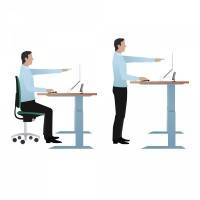 A new study published yesterday in the British Journal of Sports Medicine claims that office workers spend far too much time sitting, are suffering from a range of conditions and illnesses as a result and so should be encouraged to spend up to half of each working while standing. The report, The sedentary office: a growing case for change towards better health and productivity, was commissioned by Public Health England and claims that our present sedentary working lives can lead directly to conditions such as heart disease, diabetes and cancer. Mirroring the findings of other studies, the report also claims that we cannot fully mitigate these effects with exercise outside of work and need to address our working habits each day instead. The report argues that there is a “strong case” for changing the designs of offices and workstations, for example, by offering standing desks.
A new study published yesterday in the British Journal of Sports Medicine claims that office workers spend far too much time sitting, are suffering from a range of conditions and illnesses as a result and so should be encouraged to spend up to half of each working while standing. The report, The sedentary office: a growing case for change towards better health and productivity, was commissioned by Public Health England and claims that our present sedentary working lives can lead directly to conditions such as heart disease, diabetes and cancer. Mirroring the findings of other studies, the report also claims that we cannot fully mitigate these effects with exercise outside of work and need to address our working habits each day instead. The report argues that there is a “strong case” for changing the designs of offices and workstations, for example, by offering standing desks.






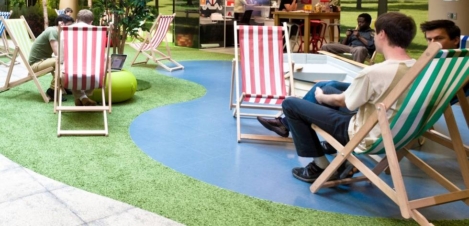
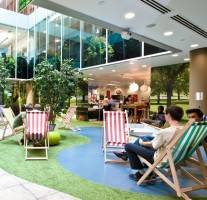
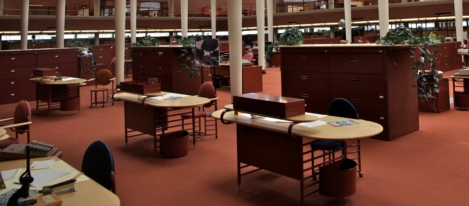
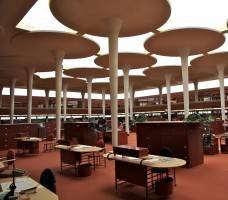


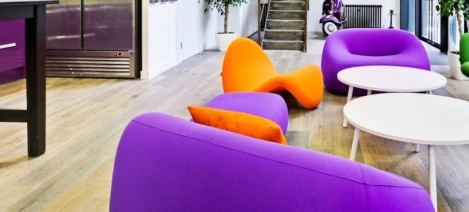



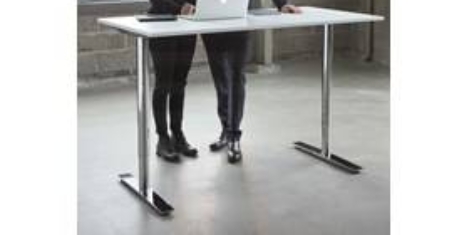
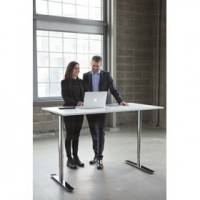










June 2, 2015
The bonds that link work with place are loosening day by day
by Paull Robathan • Comment, Flexible working, Technology, Work&Place
(more…)